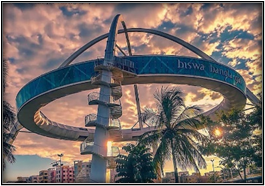Go Live
ICSTA2023 Proceedings at Auditorium 7
ICSTA2023 Proceedings at Hall 2
| Welcome to ICSTA 2023 |
|
Centre for Development of Advanced Computing (C-DAC) Kolkata, in association with the University of Calcutta, is hosting an International Conference on Systems and Technologies for Smart Agriculture (ICSTA 2023) on December 19 and 20, 2023 at Kolkata, India. This two days program is based on the theme “Cultivation of civilization through sustainable agricultural practices-Together We Make it Possible”. Agricultural practices are designed to preserve the Earth’s natural resources, enhance crop quality, protect the environment, and restrict the health hazards of farmers, the ultimate founders of human civilization, through the intervention of electronics and ICT technologies. The program covers all aspects of tools and techniques for Smart Agriculture, including the Internet of Things, Mechanization and Automation, AI and ML, Computer Vision for Agriculture & Horticulture, Animal Science & Dairy, Fisheries & Aquaculture etc. |
|
MARK YOUR CALENDARS |
||
|
Key Dates |
||
|
: |
19th - 20th December 2023 |
|
: |
|
|
: |
31-10-2023 |
|
: |
21-11-2023 |
|
: |
07-12-2023 |
|
: |
Started from 12.10.2023 |
|
ICSTA 2023 will highlight significant research and its applications in agriculture and showcase emerging technologies and information management for agriculture. It will offer oral and poster presentations and exhibits, as well as discussions and exchanges of information on various aspects of agriculture. This platform will allow scientists, researchers, academicians and young stud
ents to interact with eminent scientists/ technologists working across the globe in interdisciplinary cyber-physical systems to make agriculture a profession of hope. Sessions will offer information on key topics for scientists, Agriculture Engineers, farm practitioners, crop consultants, advisors, extension personnel, agronomists, producers, and other practitioners. ICSTA 2023 will serve as a common platform for discussing the new ideas/developments/breakthrough and prospects on multifunctional agricultural practices with leading scientists/technologists and to be acquainted with their experience and knowledge. |
ICSTA Program Schedule
Important Checklist for Authors:
-
An oral presentation lasts 15 mins, including a Q&A session.
-
The posters should be displayed from 9:00 AM in the designated area for both conference days (December 19-20, 2023).
-
The poster evaluation is scheduled during the conference. It will be announced in the venue.
Download the ICSTA2023 Session and Venue-wise schedule for Oral Presentation: Download

KEYNOTE TALK SERIES
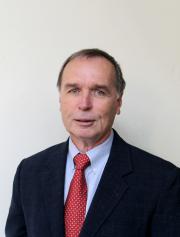 |
| Prof. John K. Schuller |
|
Prof. John K. Schueller received his Ph.D. from Purdue University in 1983. He is a generalist with some concentration in manufacturing and in off-highway vehicles and equipment. He is a Fellow of ASABE, IAABE, and SAE and holds Founder, Life, and/or Senior Member status in ASME, EurAgEng, IEEE, ISAE, and SME. Prof. Schueller is the Chair Editor-in-Chief of Computers and Electronics in Agriculture and serves on the Management Committee of the Club of Bologna. His awards, including the Kishida, Magoon, Pinckney, Teetor, and Vasey, have primarily been for his work in high-speed machining of metal alloys, precision agriculture, international activities, and teaching. He has previously been employed by Gilson Brothers Company, Purdue University, Texas A&M University, Caterpillar, Universiti Putra Malaysia, Hochschule für Technik und Wirtschaft Dresden, and Kyoto University. |
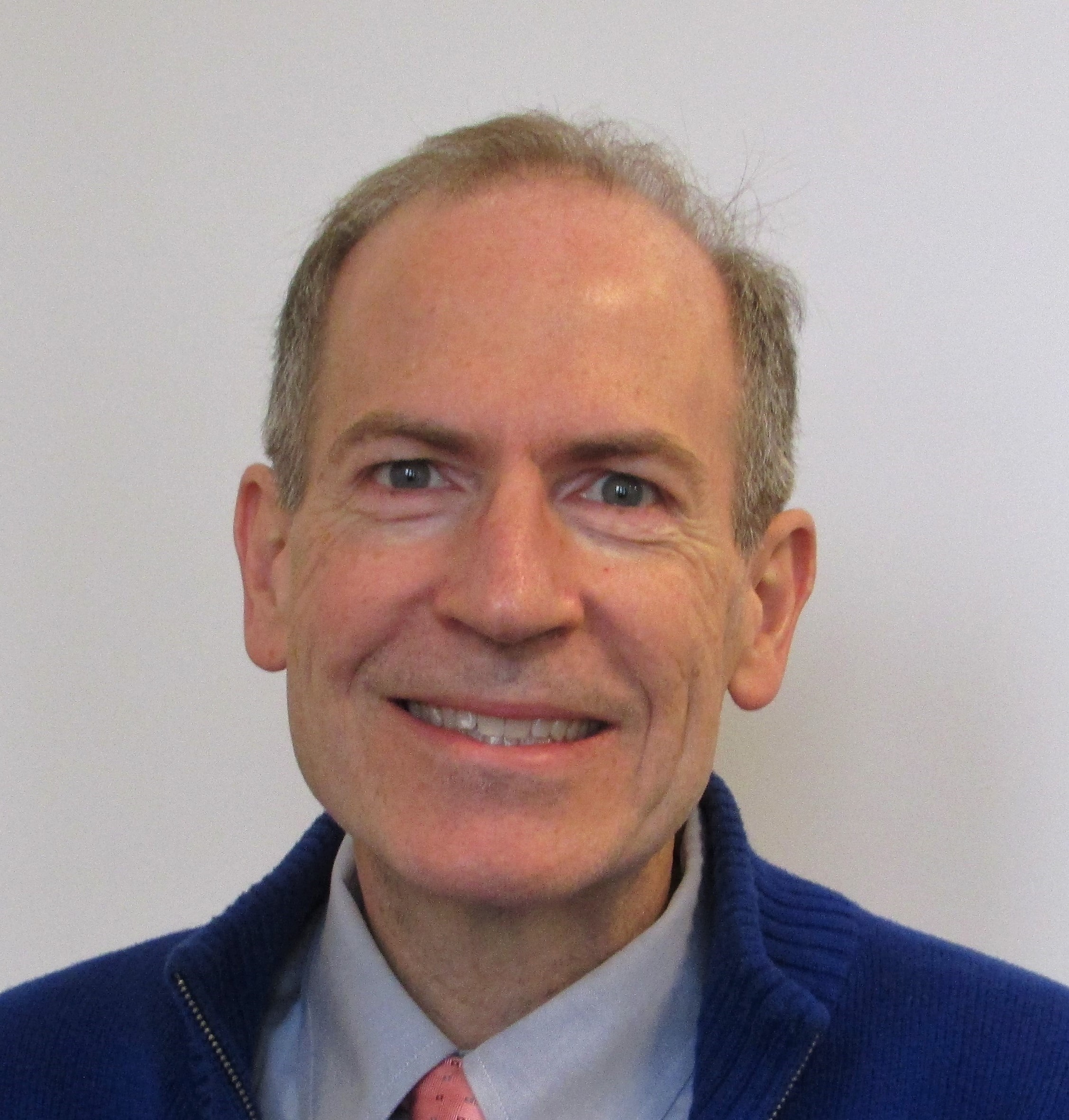 |
| Prof. Phillip G. Bradford |
| Dr. Bradford is a computer scientist with extensive experience in academia and industry. Dr. Bradford has a strong conviction about applying research to industrial challenges. He is currently on the Computer Science and Engineering faculty at the University of Connecticut. He worked for General Electric Asset Management, BlackRock, Reuters Analytics, and he co-founded a firm. He occasionally consults and often works with early-stage startups. He was on the faculty at the University of Alabama School of Engineering and at Rutgers Business School. Phil was a post-doctoral fellow at the Max-Planck-Institut für Informatik. Phil has several best-in-class results. He earned his Ph.D. in computer science at Indiana University, an MS in computer science from the University of Kansas, and a BA in mathematics from Rutgers University. |
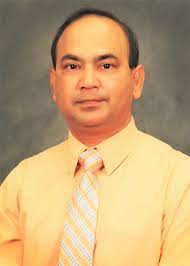 |
| Prof. Ganesh Bora |
|
Prof. Ganesh Bora is Fayetteville State University’s (FSU) associate vice chancellor for research and innovation. Professor Bora joined FSU after working at the United States Department of Agriculture (USDA) as the national data science and biological engineering program leader. He represented the USDA at the Networking and Information Technology Research and Development (NITRD) committee of the National Science and Technology Council of The White House. Before his time at the USDA, Professor Bora was a tenured faculty member at Mississippi State University and North Dakota State University. Additionally, he has collaborated on projects with nine different countries across Asia, Europe, and Africa. Professor Bora holds a PhD in Biological and Agricultural Engineering from Kansas State University in Manhattan, Kansas. He is involved in various professional activities, including serving as an engineering program evaluator for the Accreditation Board for Engineering and Technology, Inc. (ABET). Additionally, he has been an active member of the American Society of Agricultural and Biological Engineers (ASABE) for 20 years and has chaired the Executive Committee on Global Engagement. Furthermore, Bora is a recognized U.S. expert on smart farming and agricultural machinery in the International Standard Organization (ISO). |
 |
| Dr. Matthew Burnett |
|
Dr Burnett is working as a Post-Doctoral Researcher at the University of KwaZulu-Natal (UKZN) and a senior scientist with Rivers of Life Aquatic Health Services in Pietermaritzburg South Africa. His main theme is to improve fish abundances by mitigating multiple stressors impacting fish abundances and populations available to fishers. Dr Burnett co-developed the Southern African Inland Fish Tracking Programme (FISHTRAC) and is now applying the programme to water resource management in South Africa. He is involved in using fish telemetry techniques to monitor the efficacy of fishways on instream barriers, a first for the region. In addition, he has been evaluating the inland fisheries potential on rivers and impoundments with a focus on the conservation of iconic and threatened native fish species in the region. He supervises and leads a team of upcoming freshwater ecologists through applied research projects at UKZN. |
 |
| Dr. Mohamed Rawidean Mohd Kassim |
| Mohamed Rawidean Mohd Kassim is the R&D Manager in the Technology Deployment department in Malaysian Institute of Microelectronic Systems, the Ministry of Science, Technology and Innovation Malaysia. He received his B.Sc. (Hons) degree in the Computer Sciences (1987) from National University of Malaysia, and his M.Sc. in Interacting Systems Design (1993) from Loughborough University of Technology, United Kingdom. He obtained his Six Sigma Black Belt in 2009 from Motorola University. He is one of the Senior member of IEEE. was the IEEE Computer Society Malaysia Chapter Chair from 2002 to 2013.. He is also a member of the Industry Advisory Panel (IAP) for Monash University Malaysia and Universiti Kuala Lumpur (UniKL). His research interest area are Wireless Sensor Network (WSN), Internet of Things (IoT), Real-Time Systems and Multimedia. He has participated in more than 30 national and international R&D projects as a team member, or leader on technical and management positions. |
 |
| Dr. Sajid Nisar |
|
Dr. Sajid Nisar earned his M.Sc. and Ph.D. in Mechanical Engineering & Science with majors in Robotics from Kyoto University. His research interests include development of robots for surgery, innovative mechanism design, haptics for medical and mobility-applications, and soft manipulator design.Previously, Dr. Nisar was a visiting scholar at Stanford University’s Center for Design Research. He also served as team lead in a nationally-funded project on realization of a surgical robotic trainer and simulator and senior mechanical engineer at the National University of Sciences & Technology, Islamabad. He received Japan’s JSPS Fellowship for Young Scientists, and Kyoto University’s GSS Fellowship for global survivability studies. He was awarded with IEEE Robotics and Automation Society Japan Chapter’s Young Award 2019 for his research published at the International Conference on Robotics and Automation (ICRA’19). With numerous other distinctions and achievements in his career, he also holds the Engineering Dean’s Award 2018 from Kyoto University. |
 |
| Prof. Anupam Chattopadhyay |
| Anupam Chattopadhyay received his B.E. degree from Jadavpur University, India, MSc. from ALaRI, Switzerland and PhD from RWTH Aachen in 2000, 2002 and 2008 respectively. From 2008 to 2009, he worked as a Member of Consulting Staff in CoWare R&D, Noida, India. From 2010 to 2014, he led the MPSoC Architectures Research Group in RWTH Aachen, Germany as a Junior Professor. Since September, 2014, Anupam was appointed as an Assistant Professor in SCSE, NTU, where he got promoted to Associate Professor with Tenure from August, 2019. In the past, he held visiting positions at Politecnico di Torino, Italy; EPFL, Switzerland; Technion, Israel; Kyoto University, Japan and Indian Statistical Institute, Kolkata. His research interests are in Internet-of-Things, Application-specific Architectures, Electronic Design Automation and Security. Anupam is an Associate Editor of IEEE Embedded Systems Letters and editor of Springer Book Series on Computer Architecture and Design Methodologies. Anupam received Borcher's plaque from RWTH Aachen, Germany for outstanding doctoral dissertation in 2008, nomination for the best IP award in the ACM/IEEE DATE Conference 2016 and nomination for the best paper award in the International Conference on VLSI Design 2018 and 2020. He is a fellow of Intercontinental Academia and senior member of IEEE and ACM. |
 |
| Dr. Santosh Pitla |
|
Dr Santosh Pitla is an Associate Professor of Biological Systems Engineering at the University of NEBRASKA-LINCOLN. He received a Ph.D. in Biosystems and Agricultural Engineering, from the University of Kentuck and an M.S., in Biosystems and Agricultural Engineering and Mechanical Engineering from, the University of Kentucky. His Areas of Research and Professional Interest are in the field of Fluid Power Hydraulics, Embedded Control Systems & Sensors, and Controls for Agri-Industries. |
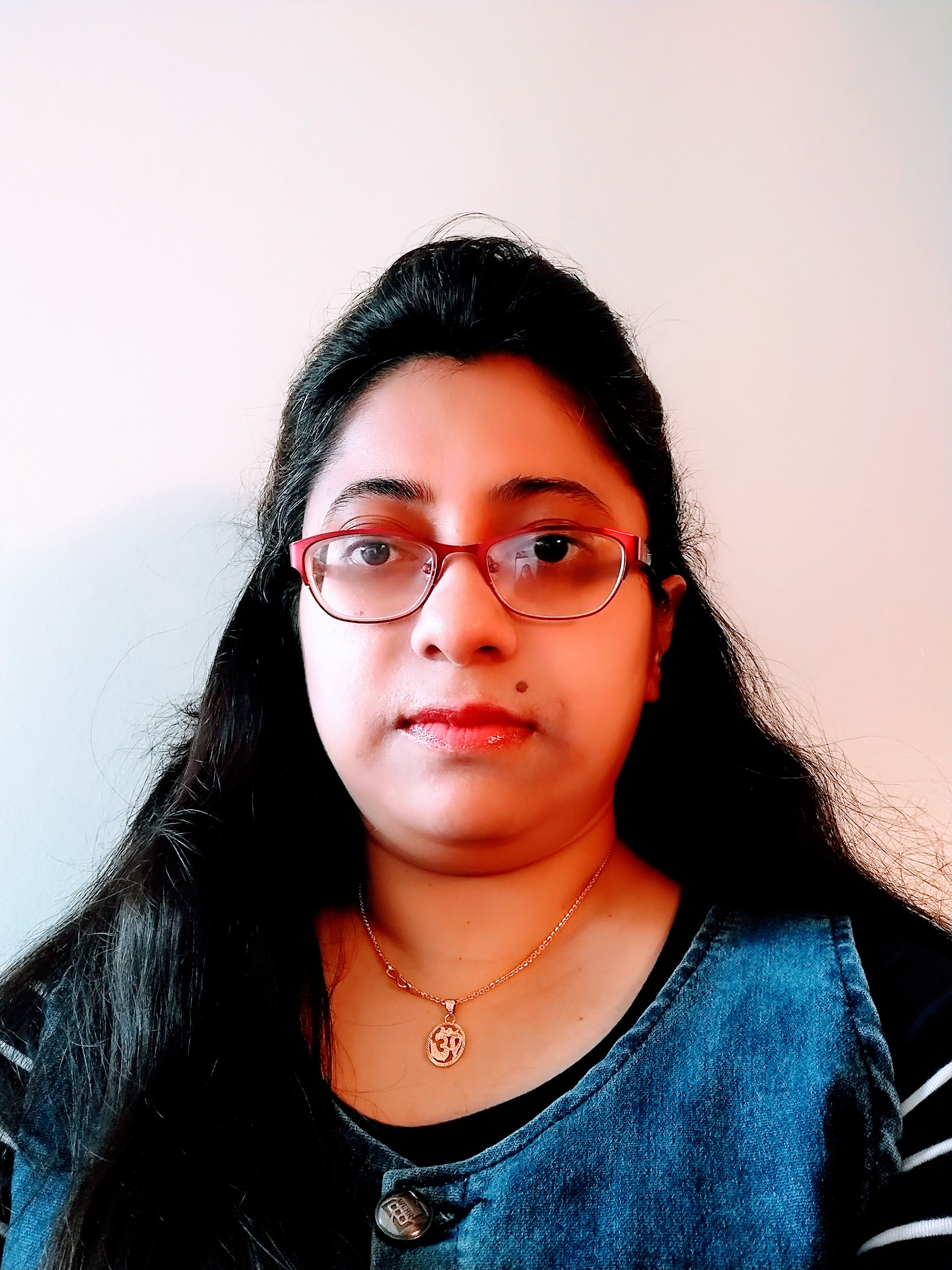 |
| Dr. Sruti Das Choudhury |
|
Sruti Das Choudhury is a Research Associate Professor in the School of Natural Resourceswith courtesy appointment in the School of Computing at the University of Nebraska-Lincoln,USA. Previously, she was a Postdoctoral Research Associate in the School of Computing at the University of Nebraska-Lincoln and an Early Career Research Fellow in the Institute of Advanced Study at the University of Warwick, UK. She was awarded the Bachelor ofTechnology in Information Technology from the West Bengal University of Technology, and the Master of Technology in Computer Science and Application from the University of Calcutta,India in 2005 and 2009, respectively. She worked as a Lecturer in Calcutta Institute of Engineering & Management in Kolkata, India (2005-2010). She obtained her Ph.D. in Computer Science Engineering from the University of Warwick, UK in 2014. Her research focus is on computer vision, data science, biometrics, and image-based plant phenotyping analysis. |
Submission Instructions:
Submission of papers will be handled electronically via Easy Chair.
Camera Ready Paper Submission Instruction:
- The similarity index of the camera-ready manuscript must be less than 10%.
- The Camera-ready manuscript should be updated and resubmitted to the Easychair website after considering the reviewers' remarks.
- The first ten pages of your manuscript will be free of charge. If there are any more pages (up to a maximum of 2), an additional price of INR 500 (five hundred rupees only) per page will be applicable.
- Resubmitted articles must comply closely to the Springer template, and authors must submit their manuscripts online using the EasyChair conference administration tools. PLEASE BE AWARE THAT YOUR CAMERA-READY SUBMISSION WILL NOT BE PUBLISHED IN SPRINGER PROCEEDINGS IF IT DOES NOT ADHERE TO THE SPRINGER TEMPLATE (WORD OR LATEX).
The templates for Word and LATEX are available in the following links:
https://resource-cms.springernature.com/springer-cms/rest/v1/content/3322/data/Key+style+points
- One author on the list should be registered for the ICSTA 2023 conference. If you have more than one paper (Max. 3 nos.) accepted for the conference, you will need to register to attend, and pay an additional paper fee for each additional paper (i.e., for the 2nd, 3rd). Other authors who wish to attend the ICSTA 2023 conference may register as Accompanying/ Attendee Delegates.
- Slide Preparation:
- Use a clear and uncluttered slide design with legible fonts and ample white space.
- Limit the number of slides to ensure you can cover the content within the allocated time.
- Use visuals, such as images, graphs, and diagrams, to support your key points.
- Include slide headings to guide the audience through your presentation.
The final program schedule will be available online about 10 days before the conference. The time and date of each oral/ poster presentation will be in the program schedule.
Download the template for paper submission : |
Download ZIP File |
Download the template for poster preparation: |
Download Template |
|
Patrons:
Advisory Committee Chair:
Advisory Committee:
Organizing Committee: General Chairs:
Program Chairs:
Technical Program Chairs:
Financial Chair:
Proceeding Editor:
Publication Committee:
Local Arrangement Committee:
|
Registration has been closed
Process for issuing Invitation Letter for VISA Application
To ensure a smooth process, we have developed an Invitation Letter for a VISA Application that outlines the information required to generate your personalized Invitation Letter. Please follow this checklist meticulously, providing accurate and complete details. This will enable us to issue a formal invitation letter tailored to your individual needs, supporting your visa application process.
All requests for Letters of Invitation should be addressed by email directly to secretary.icsta2023@cdac.in and provide the following information:
Personal Information:
- Full Name (as per passport)
- Date of Birth
- Passport Number
- Nationality
Conference Registration Details:
- Registration Confirmation Number
- Title of the Accepted Paper (if applicable)
Contact Information:
- Valid Email Address
- Phone Number
Once we receive your inputs, our team will review the details, and upon verification, we will promptly issue your Official Invitation Letter.
This letter does not ensure admission to India, but it might serve as supporting documentation for immigration officers to evaluate. Please keep in mind that ICSTA2023 cannot intercede on behalf of any participant with embassies overseas or inland consulates.
Please be aware that ICSTA2023 has no influence over government decisions regarding visa applications. We cannot provide you with advice or talk to anybody on your behalf.
ICSTA2023 does not issue any letter of sponsorship or letter of guarantee if you are required to do so by the immigration department. All questions and concerns regarding the status of your visa are to be directed to the embassy/consulate.
************************************************************************************
Venue: Biswa Bangla Convention Centre, Kolkata, India
|
|
|
|
|
Biswa Bangla Convention Centre is a convention centre in Kolkata, West Bengal, India. It was built by West Bengal Housing Infrastructure Development Corporation (HIDCO) and opened in the year 2017. It was built to attract meetings, incentives, conferences and exhibitions (MICE) tourism in the city.
It is a ten-storeyed building which houses a convention hall, two auditoriums and four banquet cum exhibition halls, with each having 3200 seats, 400 seats and 270–72 seats respectively. There are 822 parking spaces, executive lounges, swimming pool, gymnasiums etc. It also has a hotel behind the main building, with 100 rooms, which is operated on a Public Private Partnership (PPP) basis. The convention centre is spread over a 40,470 square metres (435,600 sq ft) area, with total built up area of 56,932 square metres (612,810 sq ft) which includes parking spaces, roads and service areas.
Getting to Kolkata and Things to do
By Air
Netaji Subhash Chandra Bose International Airport is situated at Dumdum, which is about 17 kilometres away from the heart of the city. This airport has good connectivity across major cities in India and abroad. From the airport you can take a taxi or a bus to your final destination. Volvo buses ply on multiple routes so just confirm at the airport the bus you should be taking for your address.
By Train
Kolkata has an efficient network of railways and is well linked to cities across the country. Superfast trains such as Rajdhani Express and Shatabdi Express connect Kolkata from Delhi and nearby places. There are two major railway stations in the city – one is located in Howrah and the other at Sealdah.
Road/Self Drive
Kolkata is connected with most of the Indian cities by road. The National Highway number 2 and 6 connect the city with other cities and states in India. Kolkata has a broad network of government and private buses. The Calcutta State Transport Corporation (CSTC), Calcutta Tramways Company (CTC) and West Bengal Surface Transport Corporation (WBSTC) run regulars bus service in the city. The Esplanade Terminus in the heart of the city is the main bus terminus.
Download List of Accommodation & Hotel Details:
Sponsorship
SPONSORSHIP CATEGORIES AND BENEFITS
- 4 levels of sponsorship: Platinum, Gold, Silver,Bronze.
- Benefits are prices listed in the table.
- Additional benefits are negotiable.
- Registration includes Lunch and Gala Dinner.
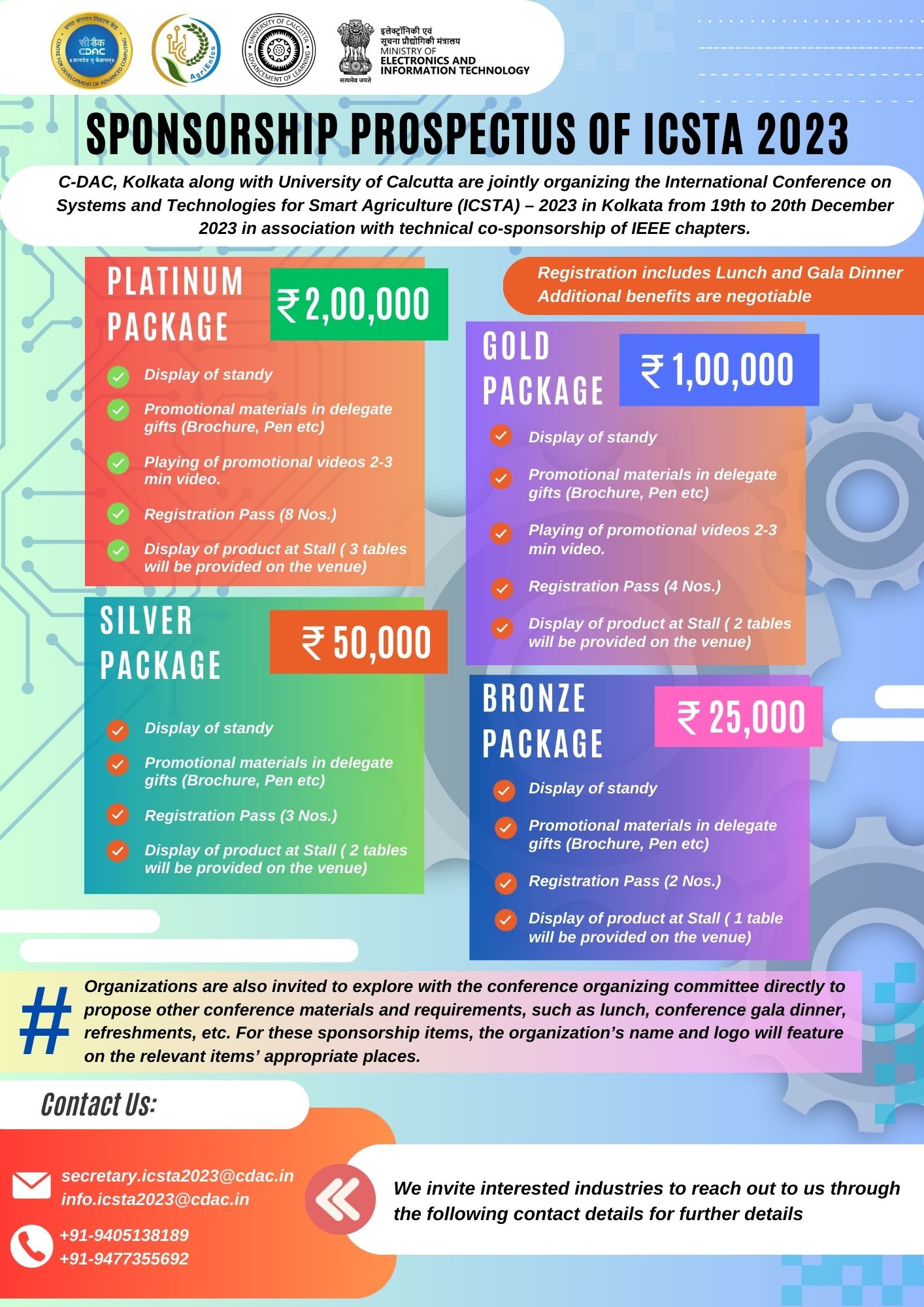
Organizations are also invited to explore with the conference organizing committee directly to propose other conference materials and requirements, such as lunch, conference gala dinner, refreshments, etc. For these sponsorship items, the organization’s name and logo will feature on the relevant items’ appropriate places.
Address : Plot - E-2/1, Block-GP, Sector-V, Salt Lake Electronics Complex.
Bidhannagar, Kolkata, West Bengal 700091
Phone : 033 2357 9846 (ext. 266/ 288/ 298/ 300)
Email : secretary.icsta2023@cdac.in
Website and registration/ submission/ payment/ General quarry : info.icsta2023@cdac.in
Regular papers should present novel perspectives within the general scope of the conference. Short papers (Work-in-Progress) are an opportunity to present preliminary or interim results. Posters are intended for ongoing research projects, concrete realizations, or industrial applications/ project presentations. Topics and technical areas of interest include but are not limited to the following:


- Prospective authors are invited to submit manuscripts reporting original unpublished research and recent developments in the topics related to the conference.
- ICSTA 2023 conducts a plagiarism check on all submitted papers. Plagiarism and self-plagiarism apply to all works.
- Selected abstracts will be published in the proceedings. It is also proposed to publish selected works in a Scopus-indexed journal of Springer.
- Papers must strictly adhere to the Springer template, and authors need to submit their papers online through EasyChair conference management systems.






